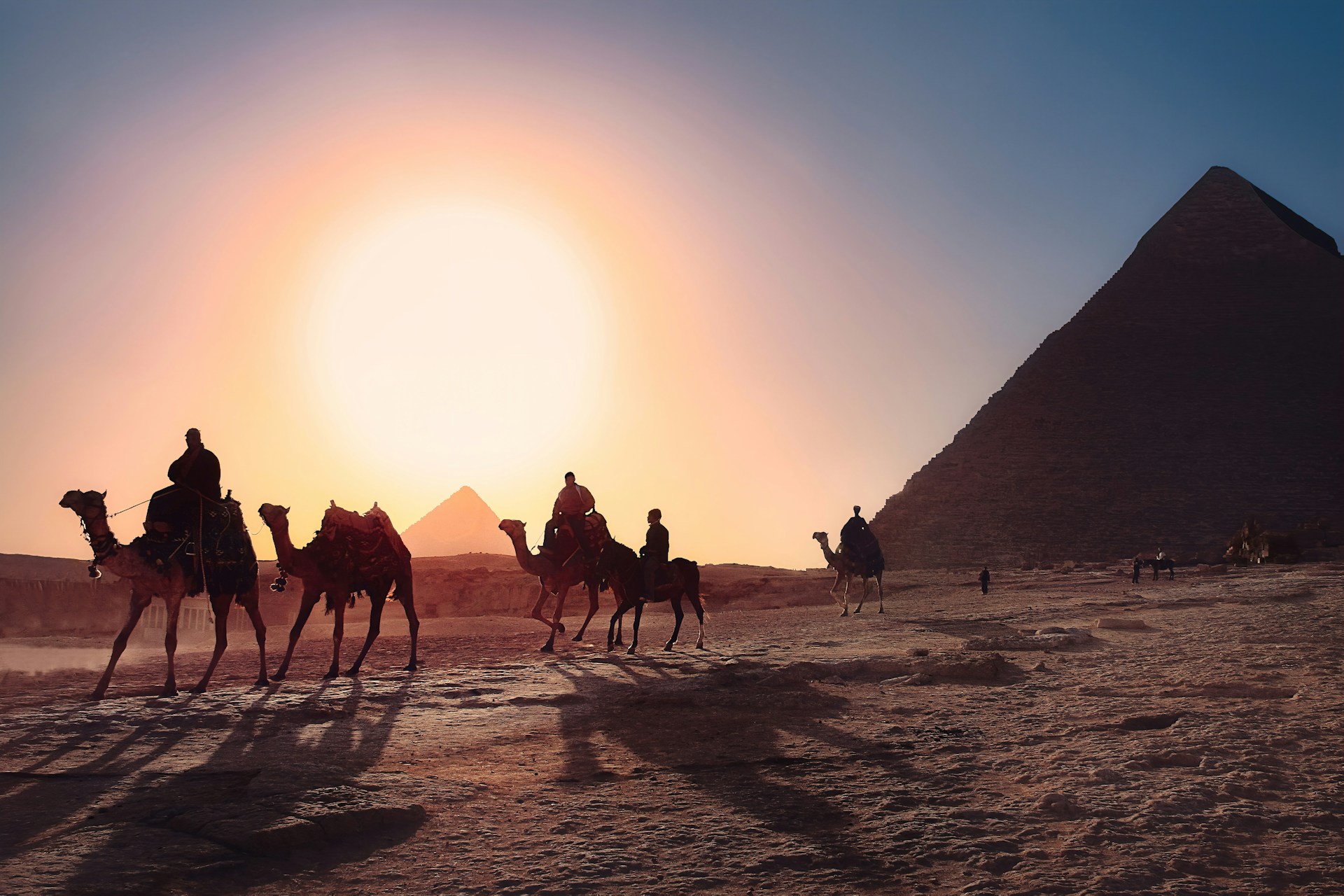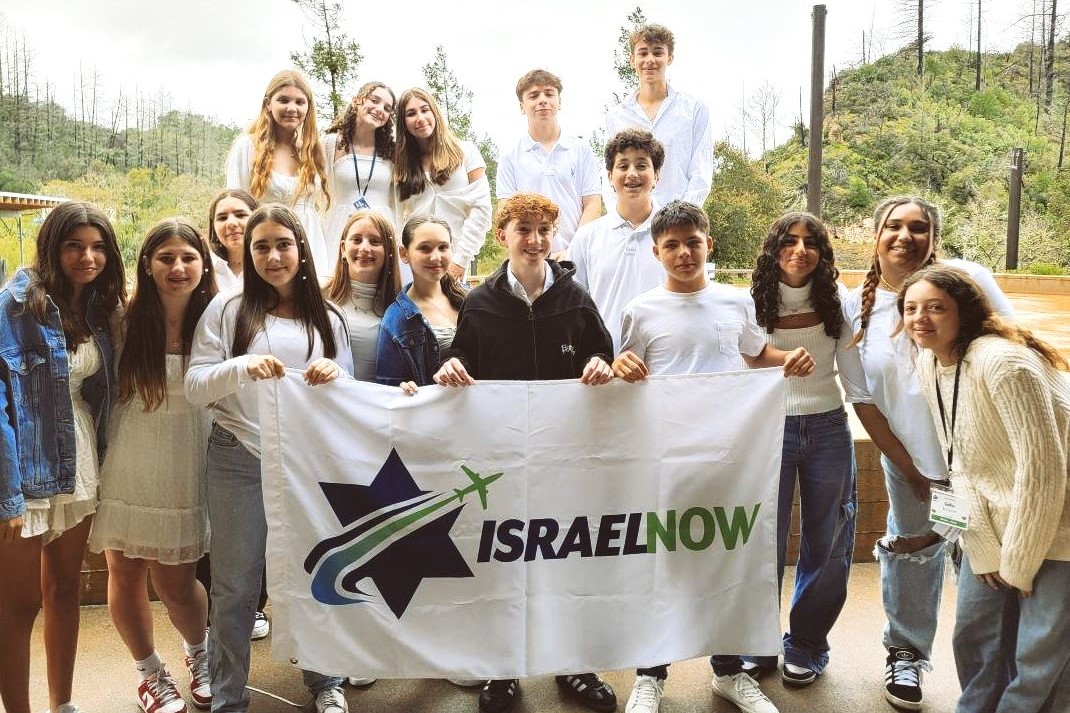When Loving Is Difficult


Photo by Tyler Nix on Unsplash
Parashat Kedoshim is found at the center of the Torah—right in the middle of Vayikra/Leviticus. Some say it’s the “heart of the Torah.”
The name of the parsha is taken from the first important word at the outset of the portion (which is how all parshiot get their name)—Kedoshim Tehiyu/ Be holy!
No one is entirely sure what the word Kedusha / Holiness means, but at bare minimum, it implies the elevation of human beings and our actions from animal-like to G!D-like.
As the authors Dennis Prager and Joseph Telushkin have written:
“The human being is created in God’s image, but he [sic] is also an animal. Acting like an animal is therefore natural, while acting God-like (holy) must be cultivated. This is why there are so many mitzvot governing those human activities that are most animal-like. Instead of denying or denigrating our animal-like activities [eating and sexual relations are two examples], Judaism attempts to sanctify them through its laws of holiness.”
–Nine Questions People Ask About Judaism, p. 49
In the midst of this parsha, we find some of the most oft-quoted words of Torah:
"You shall not take vengeance, nor bear any grudge against the children of your people; rather, love your neighbor / fellow as yourself: I am the LORD."
Of course, what seems at first to be a simple statement, upon reflection, turns out to be much more complex. Who is our neighbor? What if I don’t love myself? What does the word “love” mean in this context (clearly not a romantic love)? And so forth…
Commentators naturally have a field day trying to determine all the possible messages of this very important statement. And context will help us understand at least one of the many potential meanings.
Note that “love your neighbor as yourself” comes after the command that we not take revenge or bear a grudge, especially against other Jews (children of your people).
We don’t like when people take vengeance on us or bear a grudge against us… so don’t do that to others; try to love them as if they were you or try to love them as you would want to be loved.
This week I was invited to the 50th birthday party of a friend, whose birth date happens to correspond to Israel’s birthday too—so a double celebration!
At the celebration, one of the other attendees, Nicki Salver, Director of Education for the company LearningTreeMiami.com, was asked to give a Dvar Torah on Kedoshim in her honor. (You can get an idea of the level of spiritual development of my friend by the fact she dedicated her party to Appreciating HaShem and her sons came around with some coins and a tzedakah box so we could all give tzedakah in her honor!)
Quoting her husband, Rabbi Mordecai Salfer, PhD, Nicki focused on “love your neighbor / fellow as yourself” as it appears in Hebrew. She pointed out that the choice of the word “rey-a” for “neighbor / fellow” was interesting.
Why use the word “rey-a” rather than another synonym like “chaver / friend” or “kol adam / fellow human being”?
And then she pointed out that “rey-a” contains the Hebrew root letters “resh” and “ayin,” which form the word “bad” or “evil.”
It’s easy to love your neighbor as yourself when you agree with them or their personality suits you or they are easy to get along with.
But when you see them as “bad” or “evil,” boy, it is so much more difficult to love them as yourself!
And yet, isn’t that what this choice of words is pushing us to strive for?
It’s precisely when we disagree, when we dislike, when we despise our neighbor/ fellow-- that’s when we have to remind ourselves that they are a human being too and strive to find a way to love them in some small measure.
Now, don’t misinterpret me, please! This doesn’t mean you have to let your neighbor take over your backyard or do whatever s/he wants to do. You wouldn’t let your children cross those boundaries (if you want to have civilized children) or your relatives do that either.
Love doesn’t mean letting someone do whatever they want.
Rather, “loving our fellow human beings like ourselves” means we have to keep working hard, even in this increasingly polarized environment, to see the humanity in others, even when we vociferously disagree with their beliefs and actions.
Imagine what conversations on social media would look like if we “loved our fellow human beings like ourselves!” We would still have disagreements with people’s perspectives, but we would not engage in ad hominem attacks, curse them or instantly block them.
Imagine what prisons would look like if we “loved our fellow human beings like ourselves!” We would still need a place to keep people away from society after they committed a crime, but we would ardently try to give them every chance to become a better person— through education, counseling, and modelling of alternative ways of behavior.
Imagine what we would do for mothers of unborn children if we “loved our fellow human beings like ourselves!” We might or might not allow them to abort their child, but we would support them through their pregnancy, make sure they had excellent health care so they or their child didn’t die in childbirth or afterwards, and make sure they felt society’s love for them before, during and after the pregnancy.
Imagine what…
Now it’s your turn to fill in the blank and work to make our society into the vision you see so that indeed, we will be loving others as we wish to be loved in return.
Shabbat Shalom




